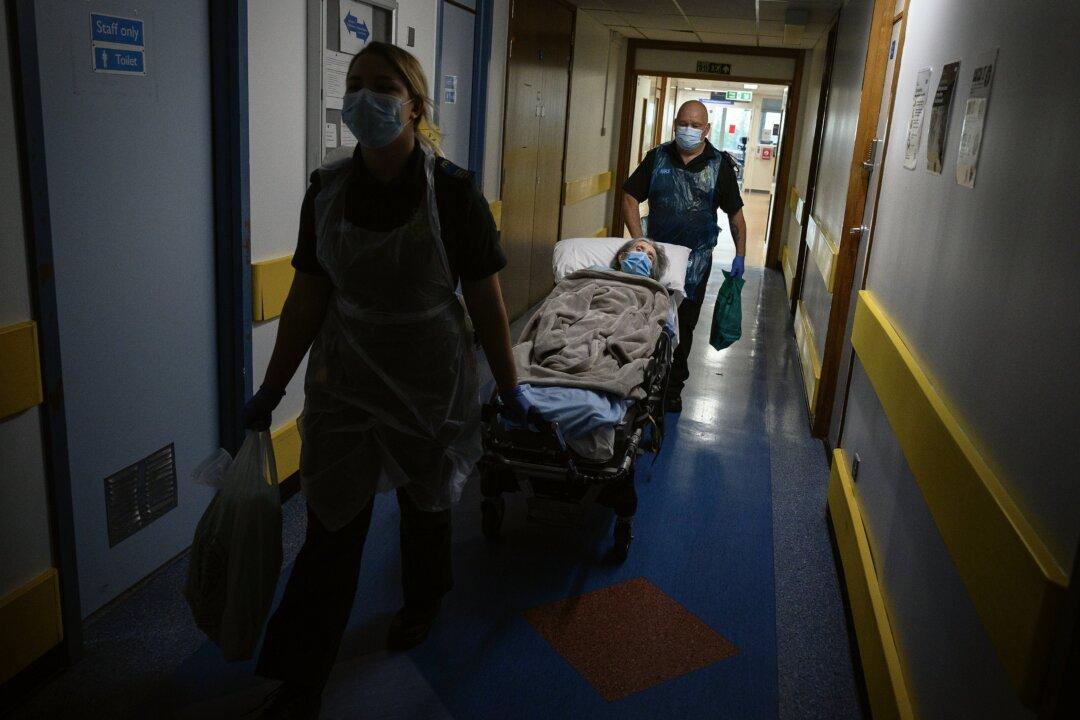Health bosses have been told that dementia patients should be challenged if they express “discriminatory” views towards transgender medical staff.
New NHS guidance on supporting trans and non-binary staff also states their relatives can be removed from health care settings if they do the same.





